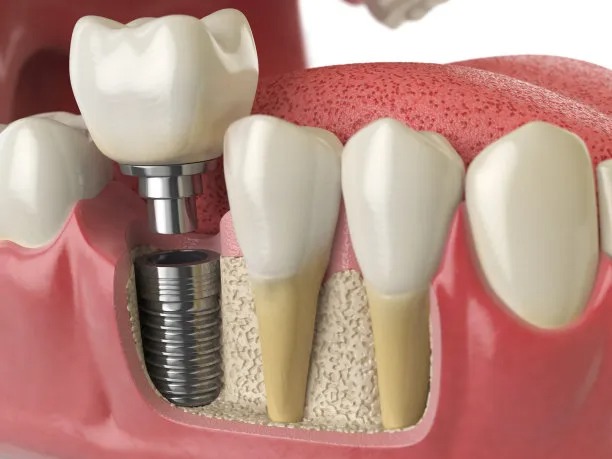Understanding Periodontal Disease Its Causes Symptoms and Effective Treatment Options for Healthier Gums and Overall Wellbeing
Summary: Periodontal disease is a common yet often overlooked oral health issue that can significantly impact not just your gums but your overall wellbeing. This condition can arise from various causes, ranging from poor oral hygiene to genetic factors. Recognizing its symptoms early on is crucial in seeking effective treatment options, which can include professional cleanings and lifestyle changes. This article explores the multifaceted nature of periodontal disease, discussing its causes, symptoms, and various treatment strategies in detail. Understanding these aspects can empower individuals to take charge of their gum health and contribute positively to their overall health.
1. Understanding Causes of Periodontal Disease

Periodontal disease is primarily caused by the accumulation of plaque on the teeth, which is a sticky film of bacteria. When not adequately removed through brushing and flossing, plaque hardens to form tartar, making it more difficult to clean and leading to inflammation of the gums. This condition is referred to as gingivitis, the earliest stage of periodontal disease.
Other factors contributing to periodontal disease include poor nutrition and tobacco use. Inadequate intake of essential vitamins can impair the bodys ability to fight infections, making it more susceptible to periodontal issues. Moreover, smoking not only weakens your immune system but also decreases blood flow to the gums, further jeopardizing gum health.
Genetics also play a role in the susceptibility to periodontal disease. Some individuals may have a hereditary predisposition that makes them more prone to gum issues. Family history can often provide clues regarding the likelihood of developing this disease, emphasizing the importance of early intervention for at-risk individuals.
2. Recognizing Symptoms of Periodontal Disease
Early symptoms of periodontal disease can often go unnoticed. Common signs include swollen or bleeding gums, especially during brushing or flossing. Some individuals may experience persistent bad breath, which can be an indicator of stagnant bacteria due to poor oral hygiene.
As the condition progresses, symptoms may escalate to include gum recession, where gums pull away from teeth, exposing sensitive areas and roots. This change can lead to tooth sensitivity and ultimately, tooth mobility if not addressed.
Its not just the gums that are impacted; periodontal disease has been linked to other health conditions such as heart disease and diabetes. Thus, individuals experiencing these symptoms must consult a dental professional promptly to evaluate and manage the situation effectively.
3. Effective Treatment Options Available
For effective management of periodontal disease, professional dental cleanings are essential. A dentist or hygienist will remove plaque and tartar build-up, commonly referred to as scaling. This preventive measure is crucial in stopping the disease from advancing.
In more severe cases, treatment may require periodontal therapy, which can involve deep cleaning procedures such as root planing. This technique smoothens the root surfaces, helping gums to reattach and reducing inflammation.
In addition to professional treatments, individual responsibility is vital in managing periodontal disease. Brushing twice a day, flossing daily, and using an antibacterial mouthwash can significantly reduce the risk of further gum issues. Regular dental check-ups will also help maintain good gum health and catch issues before they become serious.
4. Maintaining Healthier Gums and Wellbeing
Maintaining healthier gums requires a holistic approach. Adopting a balanced diet rich in vitamins and minerals, particularly Vitamin C, can support gum health and aid in recovery from periodontal disease. Foods such as fruits, vegetables, and whole grains should be staples in your diet.
Additionally, staying hydrated is essential for oral health. Water helps wash away food particles and reduces the risk of bacteria growth in the mouth. Avoidance of sugary foods and beverages can minimize plaque formation, promoting healthier gums.
Lastly, regular smoking cessation programs can significantly impact gum health positively. Quitting smoking is one of the most effective steps an individual can take to enhance overall wellbeing and minimize the risk of periodontal disease.
Summary:
Periodontal disease is a widespread condition that can affect not only oral health but overall wellbeing if left unchecked. Understanding its causes, recognizing its symptoms, and following effective treatment options are crucial in combating this disease. A comprehensive approach, including professional care and personal lifestyle changes, can greatly support healthier gums.
This article is compiled by Vickong Dental and the content is for reference only.



